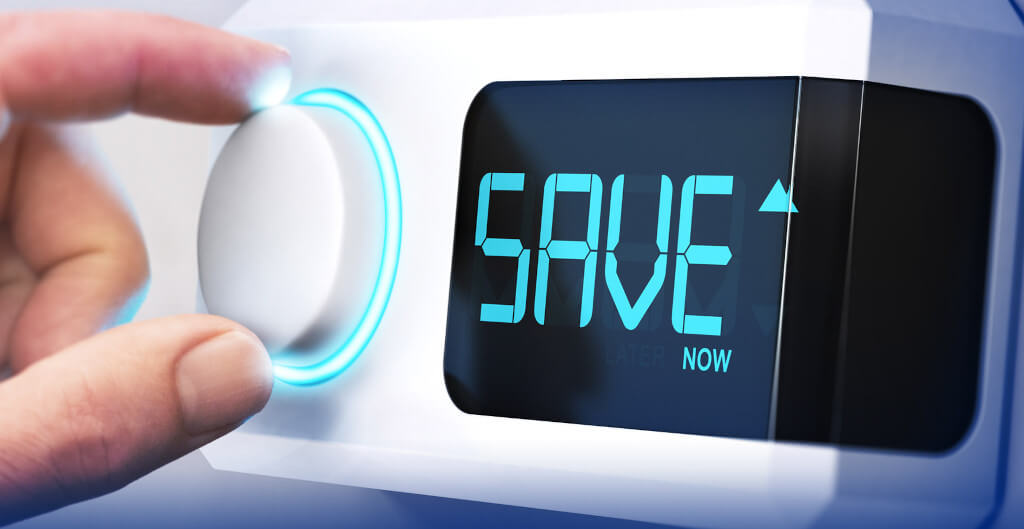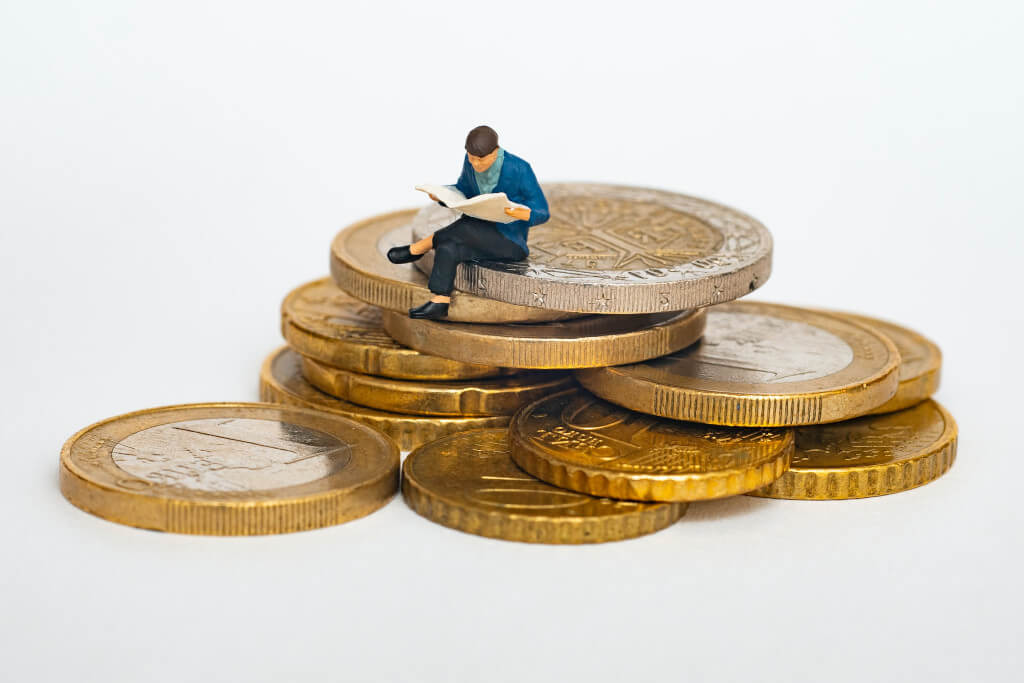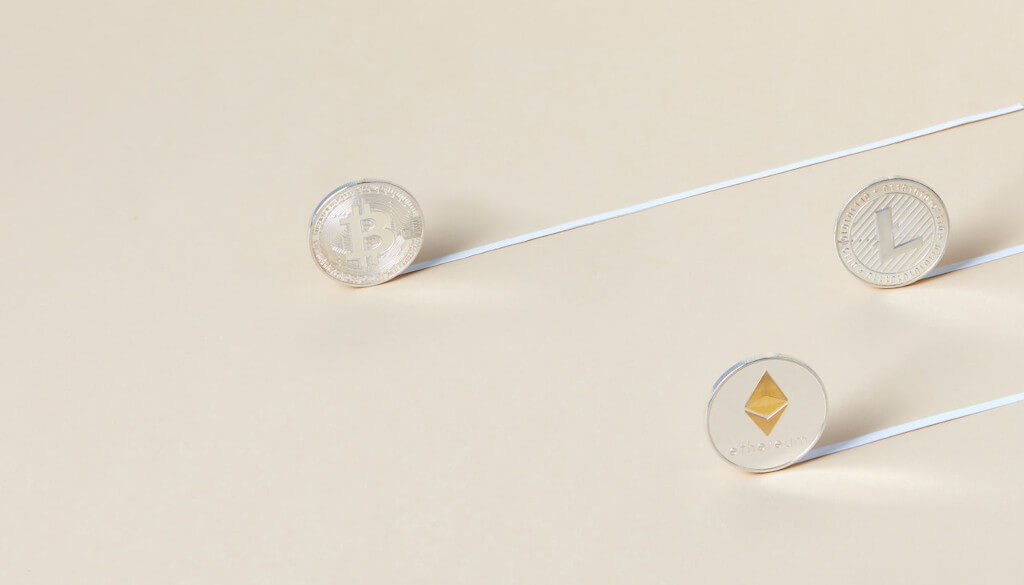As we move into the colder months, it’s a good idea to run a quick check on your heating, ventilation, and air conditioning system to ensure that you’ll be cozy while minimising your impact on the environment. More specifically, keep your routine maintenance current to avoid costly breakdowns. You should also check for leaks and other repairs that must be made to prevent energy loss.
Nobody wants to discover that their heating system is malfunctioning in the dead of winter. In the new year, this will result in unexpectedly high expenses and expensive repairs. You could save yourself time, energy, and cash down the road if you just put in a little bit of work now to ensure that everything is operating and looking as it should.
Why Does Winter Drive Up My Heating Costs So Much?
The cost of warming your home can be affected by several factors, including the age of your residence, the efficiency of your air-conditioning system, and how often you run the furnace.
You may be wasting energy if your heating method is inefficient. If you turn up the thermostat and forget about it, your thermometer may keep the house warmer than necessary if nobody’s around or when they are sleeping. You might have to keep your residence warmer than the average individual if you and your family prefer wearing sleeveless shirts or jogging bottoms around the apartment instead of a sweater and jeans, which can increase your heating costs.
There is a possibility that your heating costs will be influenced by the condition of your household. Heat loss is possible if your home is not properly insulated. The same is true when there is air leakage around your electrical outlets or fireplace, or if your doorways and windows aren’t properly sealed.
Additionally, your heating system’s condition and age can contribute to a higher energy bill. There is a correlation between the age of a heating system and the amount of fuel and electricity it consumes. Taking a methodical approach to reducing heating costs can assist you in discovering ways to lessen heat loss, adopt more energy-efficient practices, and fix up your aging heating infrastructure. Some of the best ways to reduce heating costs this winter include:
Reduce the Temperature
Saving money on heating costs by lowering the thermostat to a more manageable level runs counter to common sense, but it’s true. To save around 10% yearly on heating and cooling costs, we recommend setting the thermostat back by 7-10 degrees celsius for 8 hours while you sleep or are away. Structures located in milder environments can benefit more from setbacks as a percentage of total savings than those in harsher climates.
With our climate, we would advise against going any higher than eight degrees. Keep in mind that for optimum system performance, the temperature should never drop below 60 degrees. To heat your house without using any electricity, you should reap the benefits of sunny days. On bright days, let the sunlight in by opening the blinds or curtains. Doing so will aid in the natural heating of the home, reducing the need for the use of an artificial heating and cooling system.
It’s Time to Get Those Air Filters Cleaned or Replaced
Dirty air filters in your HVAC system will limit the effectiveness of your unit as a whole. It’s recommended that you clean or substitute your air filters in the fall. Once every few months is about right for this.
Get a Thermostat That Can Be Programmed
You can reduce your heating costs with the help of a programmable thermostat by setting it to lower temperatures while you are asleep or away. You can find a smart thermostat that meets your needs by doing some research.
Ensure the vents in your household are clean and clear of debris to maximize the efficiency of your heating, ventilation, and air conditioning system. Don’t forget to leave heat registers open in rooms that aren’t being used if your home has a forced-air furnace. Since your furnace can’t tell when a register is closed, it will keep heating at the same rate it was before. Also, even if you take great care to insulate and weatherise your home, the cold air from unheated rooms can seep into the rest of the house.
Keep Your Drapes and Furniture Away From Your Vents
It’s important to keep furniture and curtains away from heating vents to ensure proper airflow. By doing so, you can make sure that the heat is entering your home unimpeded.
Have the Filters on Your Furnace Checked and Cleaned or Replaced Regularly
Higher energy costs can be the result of clogged filters in your heating system. If you want to get the most out of your heater, you should maintain it by cleaning or replacing the filter frequently.
Caulk the Cracks in the Frames of Your Doors and Windows
As warm air escapes through the cracks in your windows and doors, your heating and cooling system will have to work harder than it needs to. If you caulk and seal the cracks around your windows and doors, you can keep the warm air inside where it belongs.
Reduce the Frequency of Your Space Heater Use
If you need to warm up a room quickly, a space heater is a great option, but use it sparingly because of the amount of energy it can consume. You ought to utilise a space heater in rooms where you plan to spend a lot of time, and you should keep it at least three feet away from any curtains or other combustible objects.
Get a New Heating System
Old heating systems consume a lot of resources. Check the efficiency and effectiveness of your system with the help of a licensed technician. Spending money on system upgrades isn’t always fun, but your wallet and comfort will be grateful in the long run. Systems older than 10 years can benefit from replacement with new high-efficiency models, which can reduce energy costs by as much as 40%.
Make the Necessary Changes to the Temperature Settings of Your Water Heater
If you want to take a warm shower or bath regardless of the temperature outside, you’ll need to turn up the heat on your water heater. If you’re cutting back on your water usage, there’s no point in keeping the water heater on.
Instruct Your Loved Ones on the Importance of Energy Efficiency
It’s ideal to have as many family members as possible who are committed to energy efficiency. Talk to your loved ones about conserving energy by doing simple things like switching off the lights when they leave a room or keeping the door closed to keep in the heat.
Have Your Home Inspected for Energy Efficiency to Lower Your Energy Costs
A home electrical inspection is a fantastic method for discovering energy leaks and learning what you can do to make your house more energy efficient. Take advantage of the home energy evaluations that many utility companies offer for free or at a low cost.




